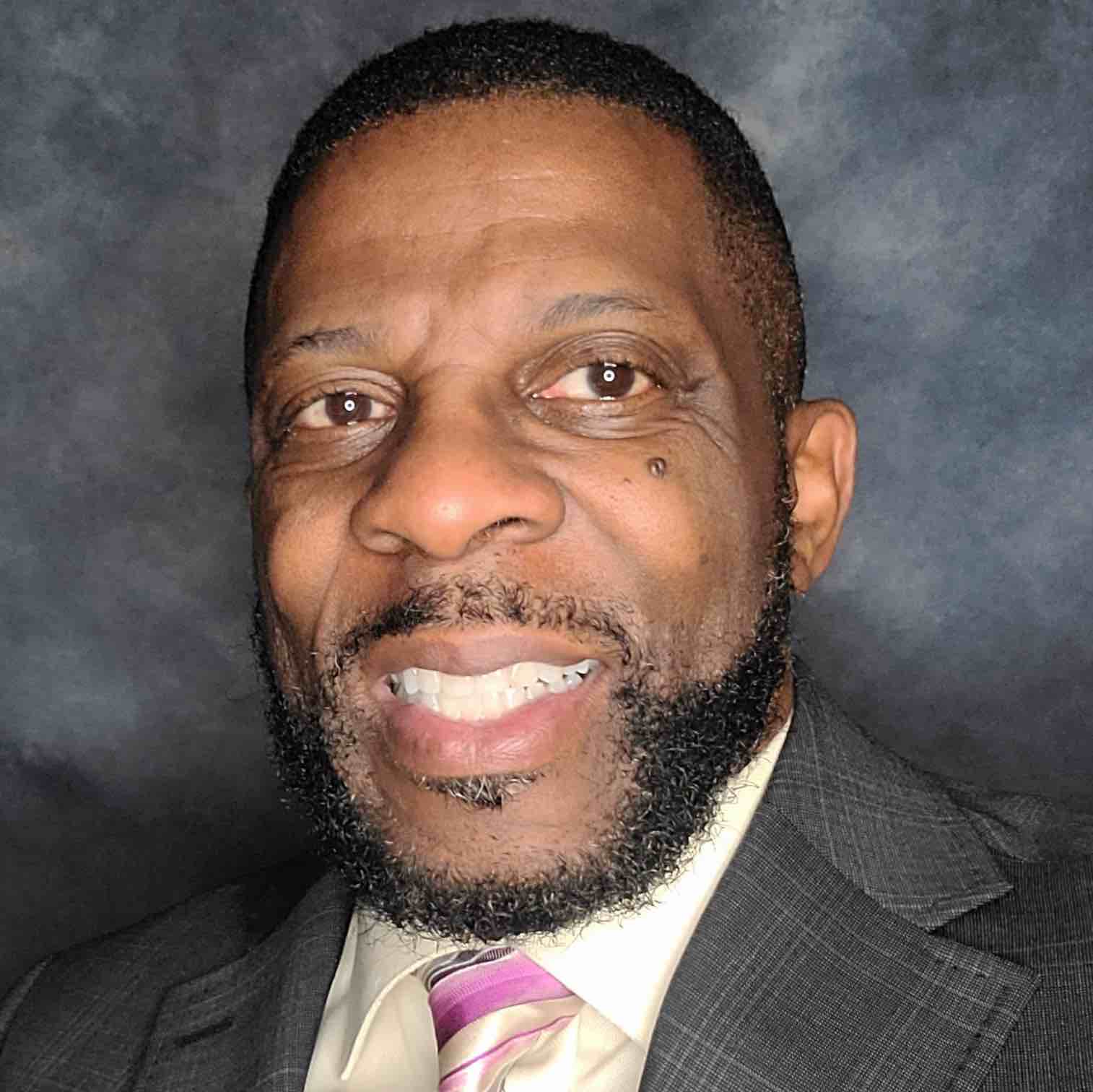5 minutes
When senior executives to supervisors are given the right tools, they can boost staff awareness and sensitivity—and, ultimately, engagement and performance.
To understand and appreciate diversity in the workplace, you must first develop an understanding of yourself and the ways in which you and those around you develop your worldview. An ability to use a variety of strategies to effectively deal with diverse situations is critical in today’s world. Leadership training for inclusion is key to making managers aware of their attitudes toward diversity, increasing acceptance of diverse cultures, people and ideas, and becoming an advocate for diversity within the workplace.
Inclusive leaders are better equipped to support their employees. Leadership training designed for inclusion leads to heightened sensitivity around what is important to individual team members. It also increases a leader’s awareness of his or her own biases, and how those biases impact decisions and affect employees, colleagues and peers.
According to research by Gartner, communication of diversity goals throughout the organization—to all individuals across ranks and functions—is a critical step toward driving action. Human resources leaders reported they most often communicate progress to business unit leaders (72%), senior executive teams (70%), CEOs (68%), board members (66%) and HR business partners (62%). Ensuring all stakeholders are aware of diversity goals is a great way to hold leaders accountable for keeping initiatives moving forward.
In turn, inclusive teams are more successful and engaged in the workplace. Learning, and then modeling, inclusive behaviors has a positive domino effect on employees and the organization as a whole. Being inclusive builds empathy, which helps to build trust and creates a sense of psychological safety. It also enhances collaboration by giving everyone on the team a voice and incorporating diversity of thought.
Leading by Example
To truly reinforce the importance of diversity, equity and inclusion and show support from the top down, it is critical for leaders to demonstrate their own support. While the success of DEI efforts will ultimately require company-wide ownership, it is vital for employees to see their leader demonstrating DEI through his or her own actions on a consistent basis. How leaders act, respond and react lets employees see the value that they—and the organization—place on DEI.
PSCU cultivates a diverse, equitable and inclusive environment where differences are treasured. The company embraces diversity—of culture, background, perspective, beliefs, personality and thought—so that, together, the company can achieve the greatest outcome. President/CEO Chuck Fagan believes diversity is what makes PSCU’s culture exceptional. Following Fagan’s lead, the actions of PSCU’s executive leadership team make it apparent to employees throughout the organization that DEI support is not just a box to check, but rather a means of enriching and enhancing the lives of all employees.
Putting it into Action
In June 2020, PSCU realized that, in light of racially-charged events around the country, its leaders needed to very directly address race and other divisive topics in the workplace in order to effectively model a diverse, equitable and inclusive culture. Executive leadership recognized that many team members were struggling with social injustice and systemic racism. We provided leaders companywide with tools to let employees know that not only is it acceptable to have those feelings, but also to have courageous conversations about these topics in order to build an environment of trust and inclusion, in which everyone feels confident and safe to bring their true authentic selves to work.
PSCU’s DEI steering committee partnered with the learning and organizational development team, as well as the company’s Black/African American business resource group, Sankofa, to offer a variety of resources for leaders on topics including:
- Demonstrating empathy by acknowledging the challenging reality we are all facing rather than responding with silence
- Demonstrating proactive allyship by creating a safe space to discuss how this is affecting the organization and the team
- Demonstrating action by giving employees guidance on how to take positive steps to proactively improve inclusion in the workplace
Expert articles and videos to better understand systemic racism and the associated trauma were also made available for employees, as well as guides from PSCU’s employee assistance program provider, online communities with other leaders to engage in open discussion and share experiences, and online courses on having difficult conversations. Leaders were also provided with real-life conversation starters from their PSCU colleagues to help facilitate authentic conversations.
Leaders were provided with actionable steps including:
- Acknowledge what is happening today and the impact it is having on someone personally and professionally
- Understand why people are affected the way they are and the ways in which they need to voice their opinions and concerns
- Promote psychological safety, which allows individuals to feel comfortable having open, honest and authentic dialogue—which is at the foundation of change
- Demonstrate empathy and listen in order to understand instead of respond
- Respect individual differences and perspectives
- Learn about the psychological effects of racial battle fatigue and understand how it impacts your friends, colleagues and family members, then talk one-on-one about how you can best provide support
In addition to supporting leaders, the L&OD team partnered with PSCU’s business resources groups to develop the Mentoring Circles program, which provides leadership and career development opportunities for employees who are emerging leaders within the company. One of the goals is to promote engagement and development of a diverse talent pool, and the Mentoring Circles program focuses on supporting emerging leaders while improving communication, networking, exposure and visibility across the organization.
Last year, PSCU also partnered with CUES to offer a year-long, pilot leadership development program designed to support current needs and pave the way for future DEI initiatives. PSCU’s 12 CUES program participants include members of the Sankofa BRG leadership team and a cross-functional group of leaders selected from across the organization. The program features live online sessions led by industry leaders and prominent subject matter experts, as well as virtual courses and independent study modules focused on leadership voice, vision, critical thinking, communication, leadership influence and strategy execution throughout the year. This also allows PSCU to deliver critical momentum to the organization’s investment in the Commitment to Change initiative with the African American Credit Union Coalition.
According to PSCU’s EVP/Chief Talent Officer Lynn Heckler, the company believes diversity, equity and inclusion strengthens the company and industry: “Our team is more successful and engaged when their uniqueness and authenticity are embraced at work, driving innovation, collaboration and the attraction and retention of a high performing workforce.”
It is evident that the welfare and well-being of all employees are top-of-mind for the C-suite, which trickles down throughout all levels of the organization. We are confident that making DEI a priority is the best way to further move our company and our industry forward.
Marvin York is VP/contact center member engagement at PSCU, a CUESolutions Bronze provider based in St. Petersburg, Florida. In this role he develops, directs and implements strategic initiatives and business solutions. He is focused on delivering service excellence for credit unions and the member experience while guiding productivity, quality and customer service standards. York’s career spans more than 40 years in the financial call center industry. In addition to this commitment, he is dedicated to fostering personal growth and career development opportunities for diverse communities. York is proud to serve as the strategic lead for PSCU’s African American business resource group, Sankofa, and was recently appointed to the role of secretary for the executive board of directors of the African American Credit Union Coalition.






